What is Acne ?
Best Acne Treatments,
Acne is like that mysterious guest who shows up uninvited to a party. These unwelcome visitors often make their grand entrance during hormonal shifts, which is why teenagers going through puberty are particularly prone to their antics. Our skin is a fascinating landscape with its own set of quirks. Deep within, sebaceous glands produce natural oils that keep our skin supple and moisturized. However, sometimes these glands can go into overdrive, producing more oil than necessary. This excess oil then teams up with dead skin cells and forms a plug within the hair follicles, creating a prime environment for acne-causing bacteria to join the party.
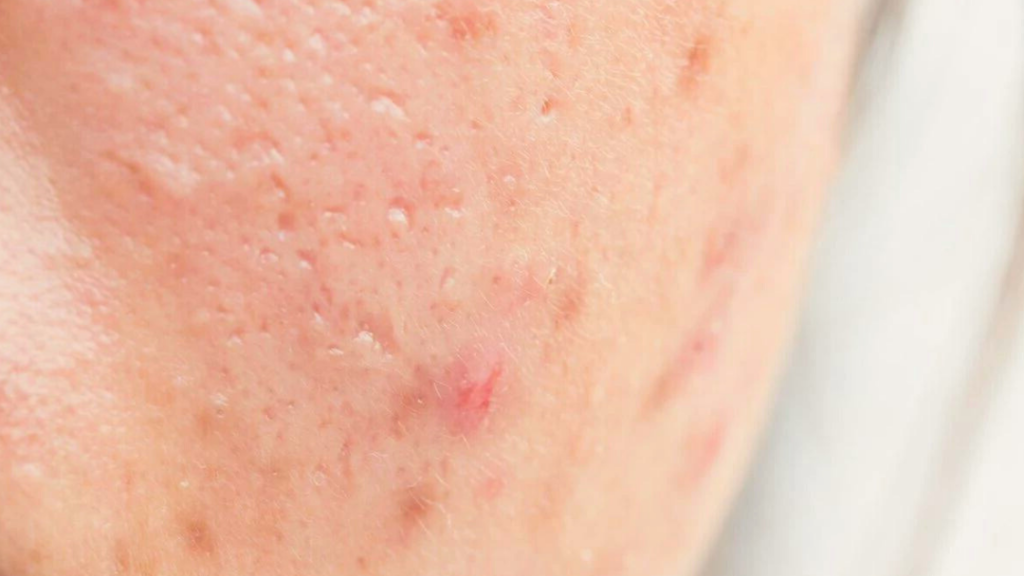
Table of Contents
Types of Acne :
Whiteheads : A whitehead develops when trapped oil and dead skin cells interact with a clogged pore. It shows up as a white lump on the skin’s surface.
Blackheads : The pore is only partially sealed and is still open in blackheads. Blackheads turn black when oxygen in the air reacts with oil and dead skin cells.
Papules : are tiny, firm bumps that are red in color. They develop when germs get stuck in a pore.
Pustules : resemble papules but contain pus, which is composed of decomposed white blood cells.
Nodules: are substantial, swollen pimples that develop when a zit grows deep beneath the skin’s layers.
Cystic acne : is a severe kind of acne nodules that resemble cysts that develop as a result of inflammation in the skin’s deeper layers. The distinction is that cysts have pus in them. These painful, red lumps are challenging to treat and frequently necessitate a dermatologist’s help.
Causes :
Human skin has pores that link to oil glands that are located beneath the surface. The pores and glands are joined by the follicles. Small sacs called follicles generate and discharge fluids. A follicle is a microscopic opening in the skin through which a hair grows. Blockage of these follicles causes pimples to develop and oil to build up. under the skin. Hair, sebum, and skin cells may congregate to form plugs. Inflammation results from bacterial infection of this plug. A pimple appears when the plug degrades. The bacteria that live on the skin and cause acne are known by the name Propionibacterium acnes.
Symptoms :
Blackheads are unmarked open pores that can be seen on the skin’s surface.
The most prevalent kind of acne, whiteheads or pimples, are typically the first lesions patients experience; they are not black because they are not exposed to air.
Deep, agonizing pimples and cysts have a raised appearance; they are frequently red, bloated, and packed with obvious pus. Deep pimples can be more severe; they are frequently swollen, tender, painful to the touch, and red. On the back and chest, deep zits are common. They can cause scars and are the most difficult type of acne to treat. Nodules and cysts, which can be seen on the skin’s surface as well as deeply inside the skin layers, may be present in deep pimples. Some, nevertheless, can be buried deep inside the epidermal layers. The gushing pus can result in larger wounds if they break.
Prevention and treatment :
Acne can be treated in a variety of ways, and some people might need more than one type of treatment.
The kind, location, and severity of your acne will determine your treatment. You might need to wait a few months before evaluating the efficacy of any of these therapies because acne lesions can take some time to mature. Acne sometimes gets worse right after treatment starts.
Best Acne Treatments:
Topical : Over-the-counter acne treatments that include salicylic acid, glycolic acid, and benzoyl peroxide. They work well for mild cases of acne when used alone. They are exfoliating substances that assist in clearing obstructions and getting rid of dead skin cells. Additionally antimicrobial is benzoyl peroxide.
Inflammatory bacterial infections can be treated with a mixture of topical antibiotic drugs.
Oral : An oral antibiotic (such as tetracycline, minocycline, or doxycycline) may be administered for more severe inflammatory acne.
Some women may find that using birth control pills helps control the hormones that cause acne. An oral antibiotic could be prescribed for cystic acne that is more severe. Strong oral retinoid isotretinoin, used most often as a last resort in cases when previous therapies have failed, particularly in women of reproductive age, is extremely successful in treating severe acne.
Please be aware that they are offered as general remedies for acne. To find the best course of action for your unique situation, a dermatologist consultation is advised.
Strong oral retinoid isotretinoin, which effectively treats severe acne, is typically only used when other therapies have failed, especially in pregnant or lactating women due to possible side effects.
Topical medications should be used on the entire afflicted area, not just the individual pimples. The numerous combinations described above are included in a number of combo ite
-
Melalumin Ultra Depigmenting Cream: Your Solution for Hyperpigmentation
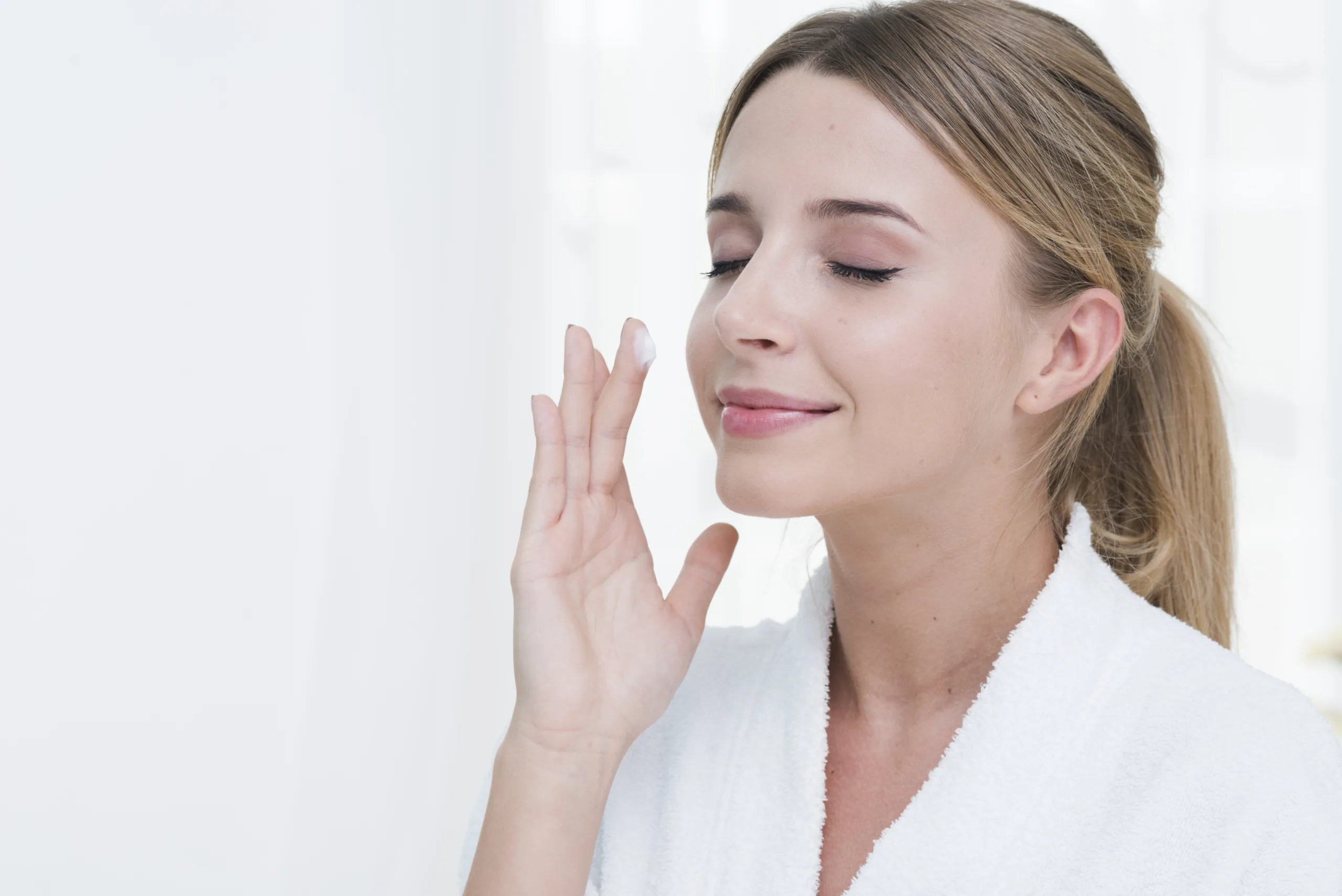
Hyperpigmentation, characterized by patches of skin that appear darker than the surrounding areas, can be a frustrating issue for many individuals. Enter Melalumin Ultra Depigmenting Cream – a revolutionary skincare product designed to target and diminish dark spots, leaving behind radiant, luminous skin. About Melalumin Ultra Depigmenting Cream Melalumin Ultra Cream is a cutting-edge skincare
-
Understanding About Acne and Acne Scars
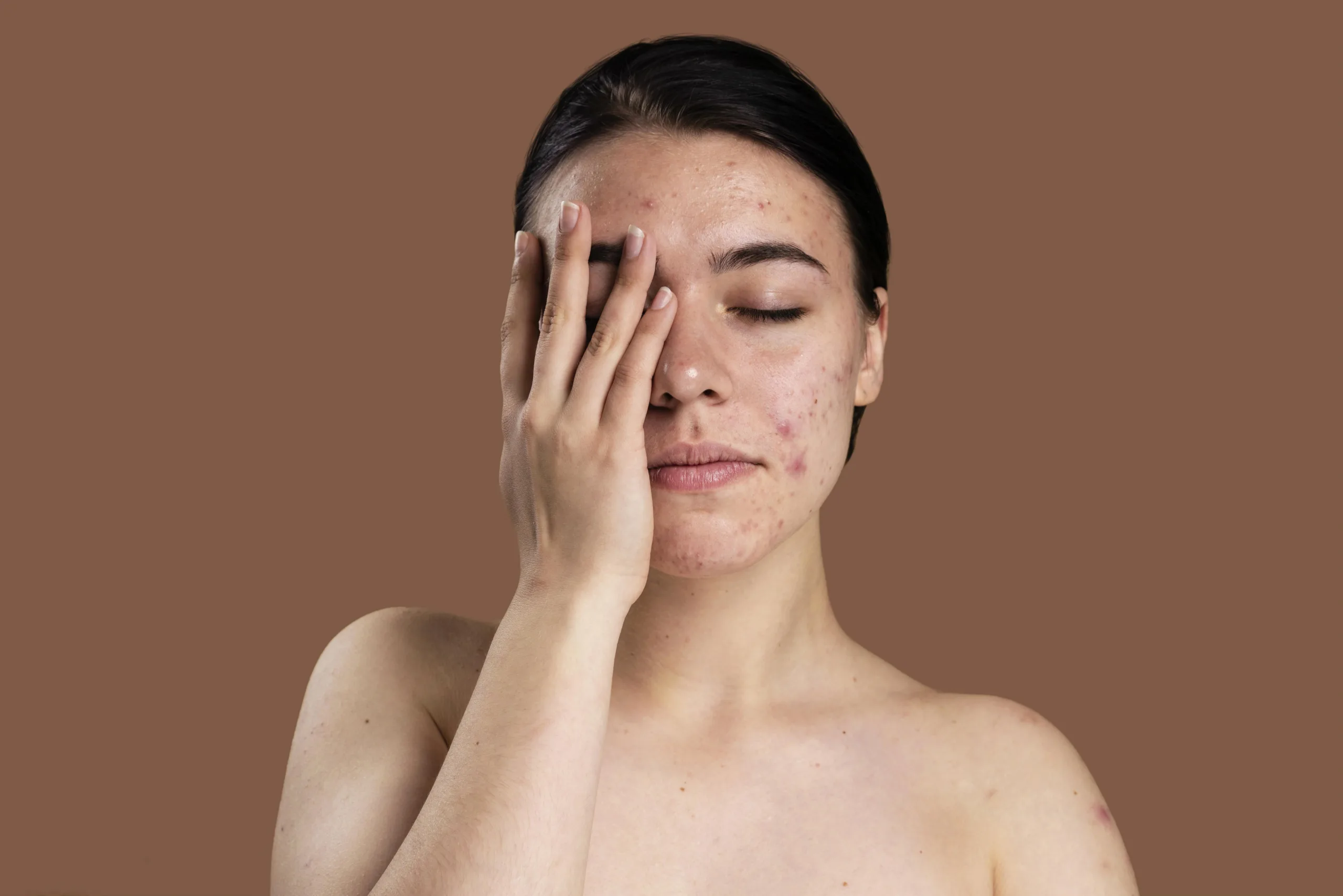
Acne is an inflammatory condition in which cytokines release occurs. This destroys the collagen under the skin leading to scary acne has prevalence of over 90% in adolescence, and the incidence of scaring due to acne is 39.5%. Factors that contribute to acne caring are under treatment, not treatment, wrong treatment, delayed starting of acne
-
Role of Luteinizing Hormone in Reproductive Health
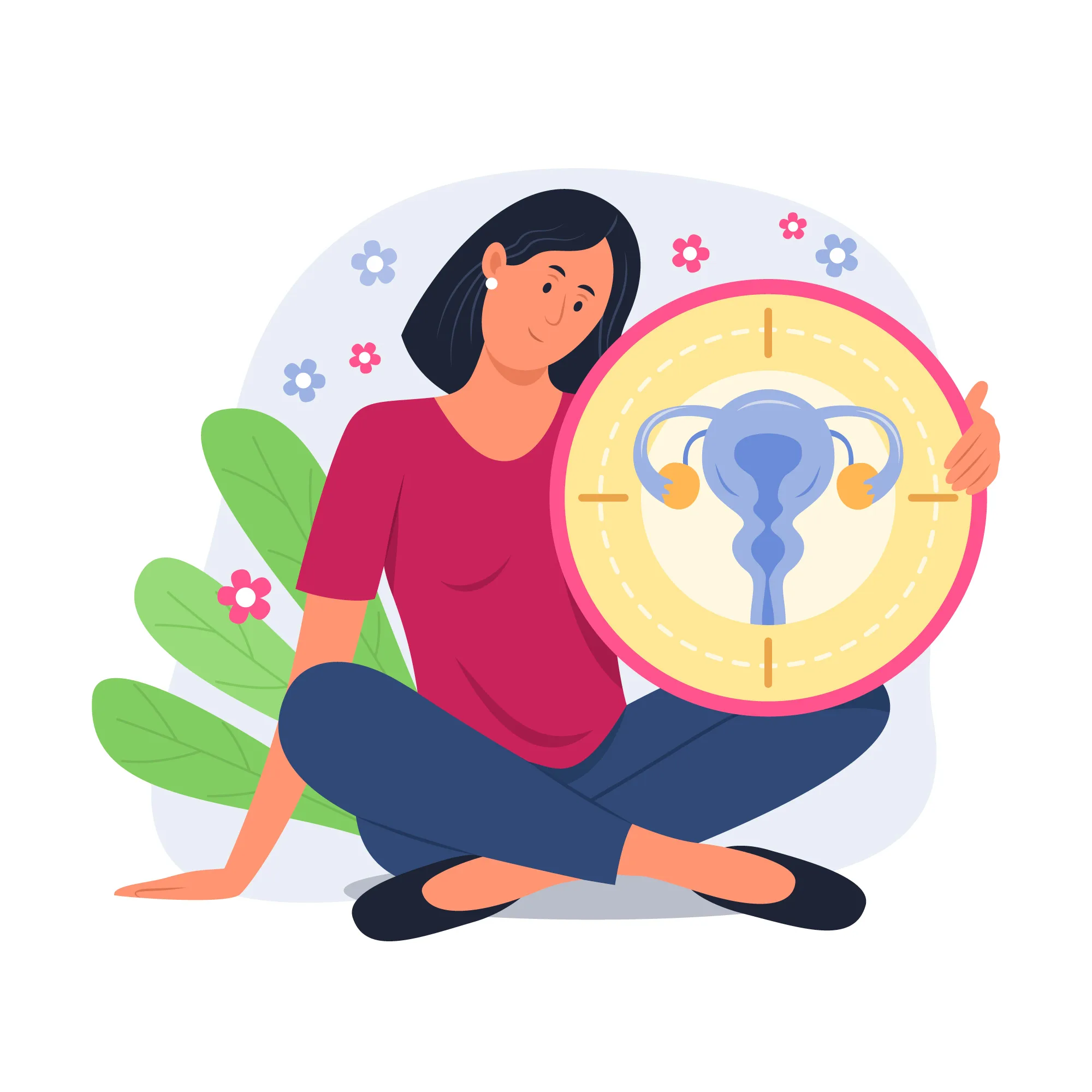
Introduction: One important participant in the intricate dance of hormones that controls bodily processes is luteinizing hormone, which is specifically responsible for managing reproductive health. In this article explores the role, significance, and ways that LH affects both men and women in an effort to demystify it. Then, what is luteinizing hormone (LH) exactly? The
Proudly powered by WordPress
Proudly powered by WordPress

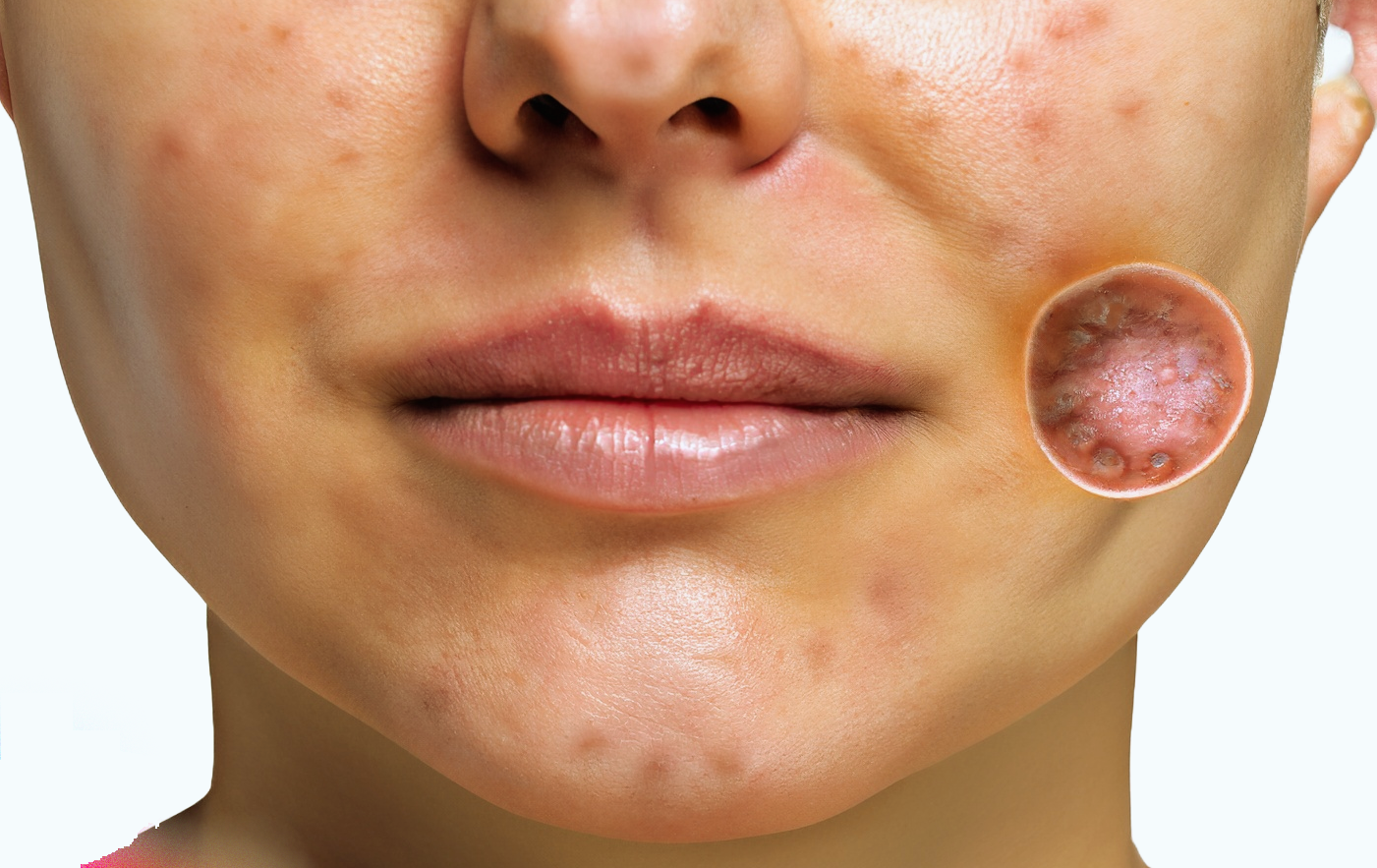
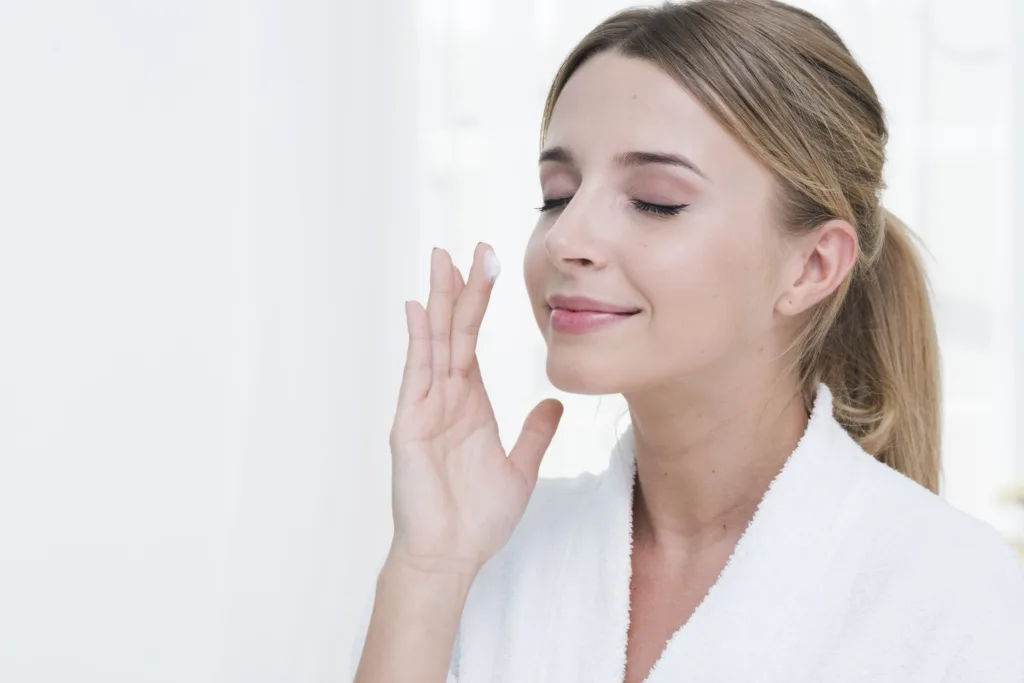
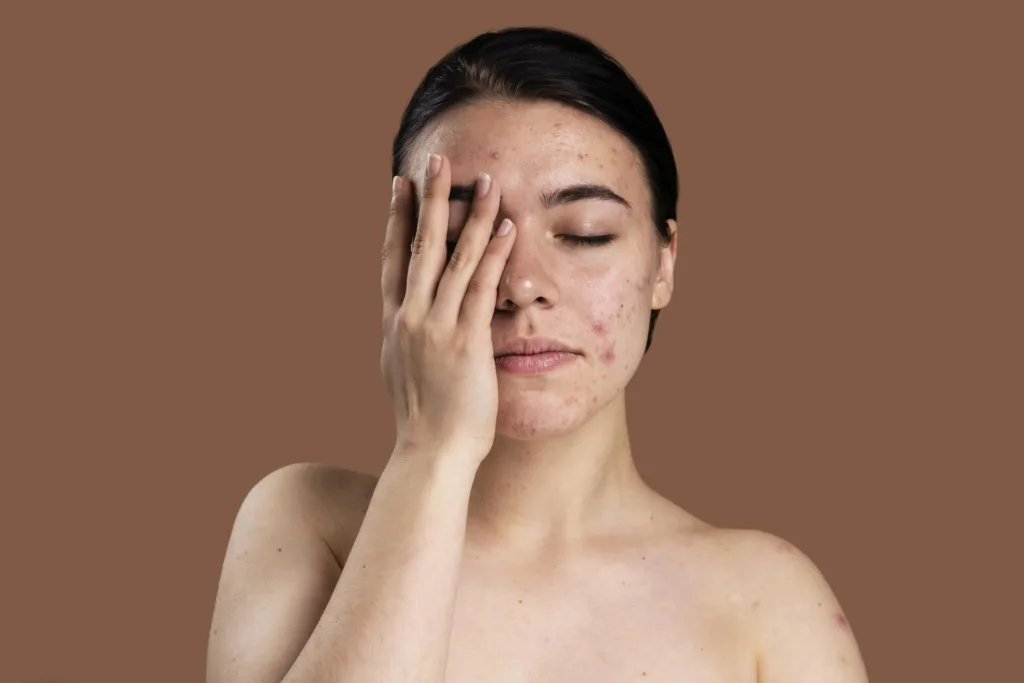
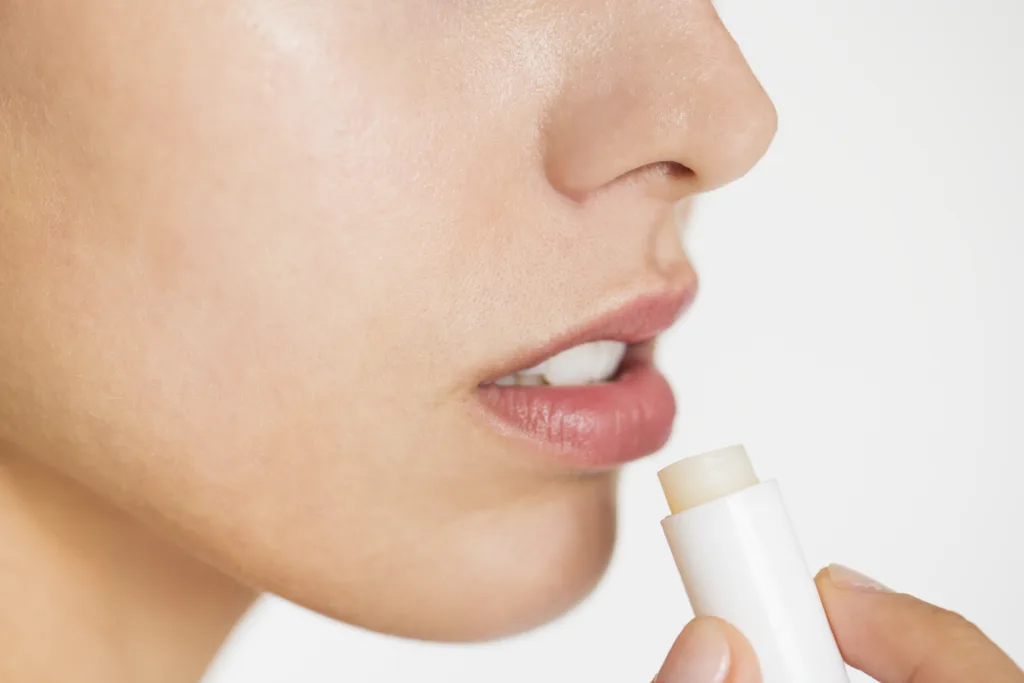
2 Comments